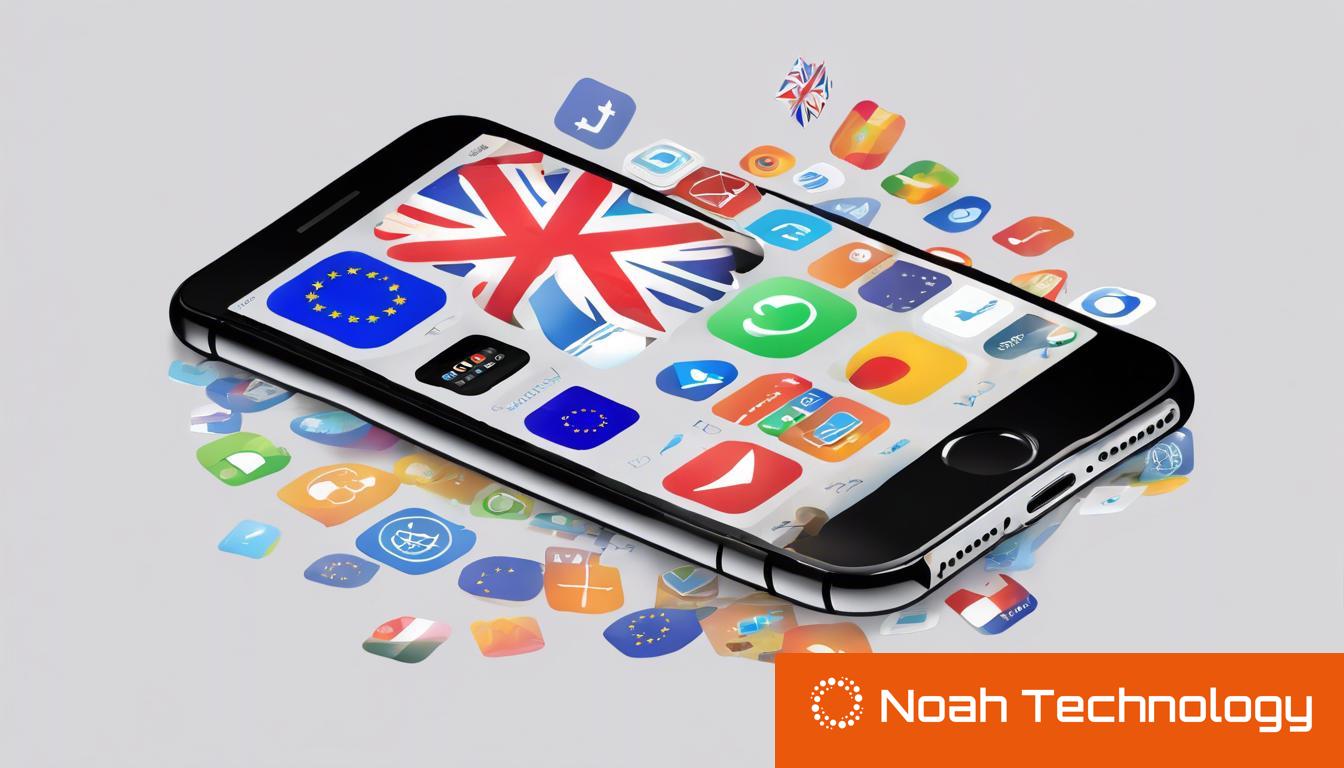Apple makes significant changes to its App Store in Europe in response to the Digital Markets Act, aiming to introduce more competition but facing security concerns and criticism from smaller tech firms.
Apple is adjusting its App Store operations in Europe to align with the Digital Markets Act (DMA), a move that could introduce more competition but also raises concerns about iPhone security. This legislative compliance permits European users to download apps from non-Apple stores and use alternative payment methods for in-app transactions. The European Union’s intention with the DMA is to dilute the dominance of Big Tech companies; however, Apple warns of potential security risks, including scams and malicious attacks from apps outside its controlled ecosystem.
Apple’s response has been met with criticism from smaller tech companies such as Spotify and Epic Games, which argue that Apple’s implementation of the DMA might actually tighten its control over the iPhone ecosystem, rather than enhance competition. Notably, Epic Games has accused Apple of DMA violations over blocking its alternative app store in Sweden.
Alongside, Apple faces a £1.5 million fine from EU lawmakers for restricting competition in the music streaming app market, particularly through its 30% fee on App Store purchases. Despite Apple’s intention to appeal, the fine underscores the EU’s stance against Apple’s dominant market position.
Further developments see the EU launching an investigation into Apple’s removal of Epic Games and its Fortnite app from the App Store, questioning Apple’s compliance with EU laws and potential dominance curbing efforts under the DMA.
As Google and Facebook also adapt to the new EU regulations, Apple’s challenge lies in maintaining a balance between fostering competition and ensuring security within its ecosystem, amidst evolving digital market regulations in Europe.













